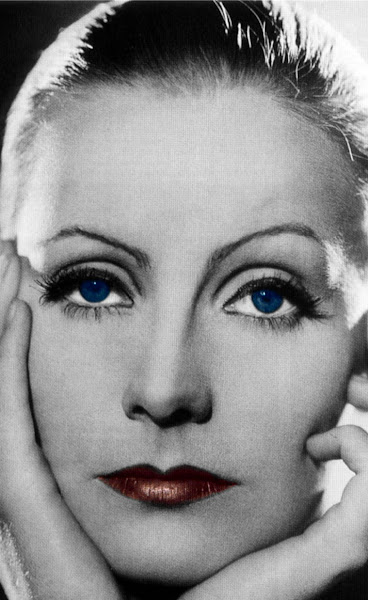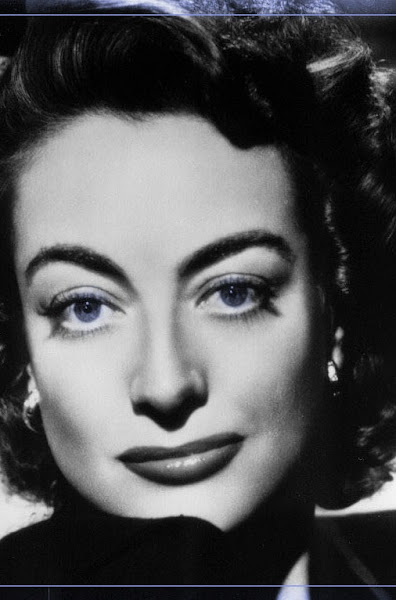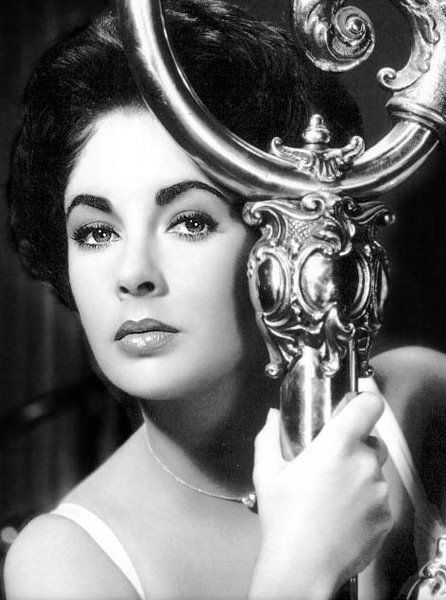 **** out of ****
**** out of ****
Vito Russo’s seminal work on gays and lesbians in film, “The Celluloid Closet,” bemoans Sidney Lumet’s 1975 classic, high-energy “Dog Day Afternoon,” calling it “the ultimate freak show, a film that used the sensational side of a true story to titillate a square audience.” And so it does, but I think there is more to Lumet’s film than meets the eye.
The film’s first shots inoculate viewers with its “day-in-the-life” harmlessness: A handheld camera captures construction workers hard at work, children playing by the pool, and men watering the lawn. Sonny (played by Al Pacino with palpable nervousness and significant intelligence), Sal (portrayed by John Cazale as a ticking time-bomb), and Stevie (Gary Springer) arrive at a bank with seeming innocence, and then they stick it up.
This is an event that is certainly out-of-the-ordinary, heralding the film’s forthcoming sentiments of Vietnam-era anti-establishment.
First, is it not weird how a story can consistently deceive viewers into rooting for the protagonist, even if he is an anti-hero robbing a bank? Establishment generally roots in favor of the heroes, or the police and FBI waiting outside the bank (once the robbery quickly goes wrong, ten or so minutes in). Why do viewers continue to identify with Sonny, who maintains his logic through the whole ordeal, trying to negotiate his and Sal’s (Stevie flees early on) escapes to sanctity? Certainly, Sonny is a charismatic and smart anti-hero—not necessarily a villain—because, after all, we discover he is robbing the bank to pay for his wife’s sex-change operation.
This brings me to my second point, how Sonny, though possessing wife and children, has a male lover (also called his “wife”), whom he married the previous year in an essentially fake wedding. When the media learns these details after Leon (Chris Sarandon, Susan’s ex) is escorted to the scene of the crime to try to convince Sonny to give up, they turn their coverage of the robbery into a circus sideshow starring the queers, proffering photos of Leon in his wedding gown. Director Lumet criticizes the media (a likely precursor to his “Network” from the next year) as they turn Sonny’s story into a full-blown frenzy.
Meanwhile, the idea that Sonny is a queer husband and anti-hero is something iconoclastic to both the institutions of marriage and of film history. In fact, I use the word “queer” not to mean gay, but in a more pansexual manner. The film tries to lay the “gay” title on Sonny, but his sexual interest in both his wife and “wife” suggest an indefinable sexuality, something more subversive and harder to pin down.
“Dog Day Afternoon” is laden with criticisms of other institutions, including the police and even the human race itself. During the initial negotiations between Sonny and the police, he openly attacks their notorious brutality and his suspicions about how they will treat him with his unforgettable battle cry, “Attica, Attica!” Not only does Sonny criticize authority, but director Lumet also takes the opportunity to underline the seedy side of human nature when Sonny throws marked bills into the crowds that have accumulated to see the spectacle. Their greed is tangible when you see them mercilessly crush each other, just to grab a bill or two.
In the end, “Dog Day Afternoon” is an arresting, frenetic account of a true story (based on the story of John Wojtowicz, who held up a Chase Manhattan Bank branch in Brooklyn in 1972), portrayed effectively by its leading actors and through the energetic direction by Sidney Lumet and the hard-hitting, dead-on screenplay by Frank Pierson.
*As seen in the September 2009 issue of "Out & About" newspaper. To access it, click here.*
September 2, 2009
Dog Day Afternoon
Labels:
classics,
film,
queer theory,
REVIEWS
Subscribe to:
Posts (Atom)

.jpg)

.jpg)
.jpg)
